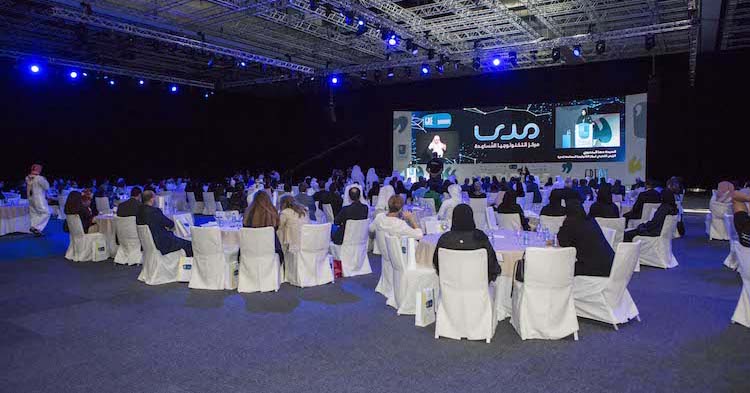The non-profit organisation has signed three MOU agreements to strengthen its partnerships, and help raise the level of education for PWD in Qatar and the region through the latest technology
The Qatar Assistive Technology Center (MADA) signed three partnership agreements with local, regional and global organisations during the First Gulf Region Education Assistive Technology Conference 2017 (GREAT) at the Qatar National Convention Centre (QNCC) in Doha, recently. These strategic agreements will help provide the necessary technological tools and information required to develop and enhance education curriculum specifically designed for People with Disabilities (PWD). The partnerships will also promote an adoption of the latest practices in assistive technology within the field of education.
MADA CEO Maha Al Mansouri said that as part of MADA’s commitment to support Persons with Disabilities in Qatar, they signed a number of strategic agreements to further develop and improve their education.
These agreements will support our commitment towards connecting PWD. It is a means to strengthen, integrate and empower this group of people, as well as bring awareness to the most innovative practices used in the field of assistive technology.’
The first agreement was signed with the Training and Educational Development Center of the Ministry of Education and Higher Education in Qatar. The two organisations agree to cooperate and help students with different abilities by providing assistive technology and strengthen the number of support teachers in Qatar. MADA will ensure there is orderly and fair access to assistive technology for students with disabilities in schools by training support teachers at MADA centre.
MADA will supervise the training and e-learning workshops, focusing on assistive technology through the MADA portal, in addition to providing trainers and external consultants, training venues, meeting opportunities, exchanging of experiences for trainees, direct and individual supervision of training and evaluation files.
The second agreement was signed with the Sharjah City for Humanitarian Services in the United Arab Emirates. This agreement will help raise the level of awareness and training for specialised teams and workers in the field of assistive technology. This will include programmes that will raise awareness and bring education, as well as upgrades in the services provided to users of assistive technology, and further cooperation in scientific research and development initiatives.
MADA will facilitate the enrolment of courses and workshops at MADA facilities, and enable access to programmes, events, and activities through various means of communication. Moreover, MADA will provide support, and distance counseling for children enrolled in the Support Center in Sharjah City for Humanitarian Services or referrals. In addition, guidance and support will be provided during the selection and usage of assistive technology with beneficiaries.
The third agreement was signed with the US Assistive Technology Industry Association. The organisation is a leader in the development of assistive technology and an organiser of many events and activities worldwide. The aim of the partnership is to promote technology education and training programmes in Qatar, as well as provide optimal services for Persons with Disabilities and professionals who supervise them.
The agreement will help launch training programmes with internationally-recognised certificates. As a result of this agreement, the US Assistive Technology Industry Association will create a professional development plan throughout the year, which will include activities and materials related to assistive technology. This plan will be aligned with the MADA training programme and will help expand the availability of professional development resources in assistive technology online and through the availability of resources in Arabic.
Log on to mada.org.qa for more information about the services available at Qatar Assistive Technology Center.





